Student growth & accountability policies
A majority of states include student growth estimates in accountability measures. Research suggests that policies holding schools accountable for growth, rather than achievement alone, are likely to support efforts around college readiness and other important long-term student outcomes. Our research provides insight to help inform measurement of academic achievement and growth for students and schools.
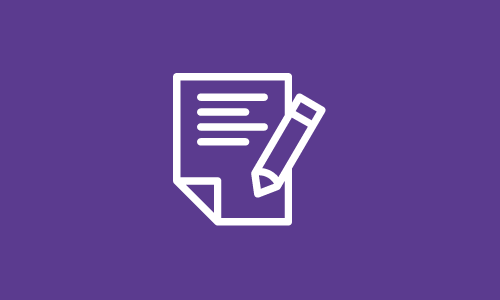

In this study, we introduce those disengagement metrics for a policy and evaluation audience, including how disengagement might bias estimates of educational effectiveness. Analytically, we use data from a state administering a computer-based test to examine the effect of test disengagement on estimates of school contributions to student growth, achievement gaps, and summer learning loss.
By: Megan Kuhfeld, James Soland
Topics: Measurement & scaling, School & test engagement, Student growth & accountability policies
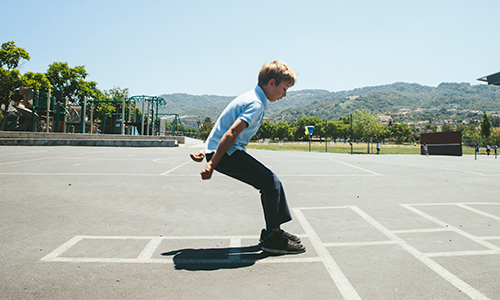

School effectiveness, summer loss and federal accountability
Learn more about the effect of seasonality on estimates of school effectiveness and how ignoring summer loss can impact which schools are identified as low performers.
Topics: Growth modeling, Seasonal learning patterns & summer loss, Student growth & accountability policies
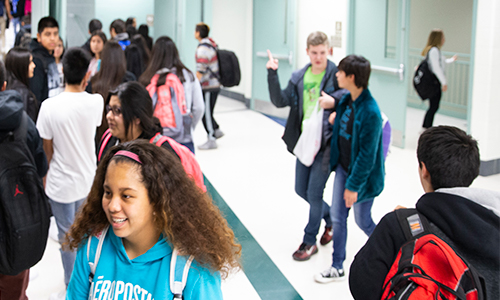

Social-emotional learning competencies are important for student success, but are they stable over time? This study explores this question and the implications for teachers and schools.
By: James Soland, Megan Kuhfeld, Emily Wolk, Sharon Bi
Topics: Measurement & scaling, Social-emotional learning, Student growth & accountability policies
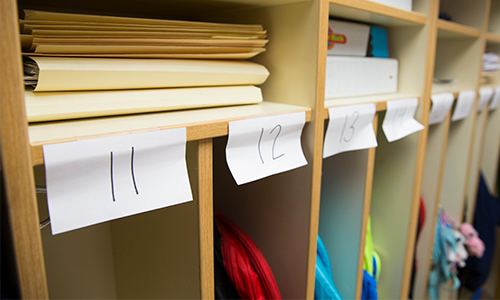

Reconciling long-term education policy goals with short-term school accountability models
Learn more about the effect of seasonality on estimates of school effectiveness and how ignoring summer loss can impact which schools are identified as low performers.
Topics: Growth modeling, Seasonal learning patterns & summer loss, Student growth & accountability policies
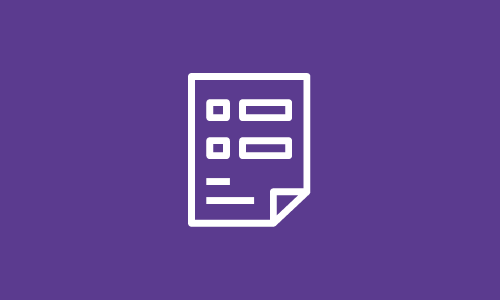

Measuring the impact of test disengagement on estimates of educational effectiveness
Learn more about our examination of student disengagement and how it may bias estimates of effectiveness based on observed test results.
By: Megan Kuhfeld, James Soland
Topics: Measurement & scaling, School & test engagement, Student growth & accountability policies


In this study, repeated measures of math achievement and self-efficacy are used to fit a variety of latent curve models that jointly estimate growth in both constructs.
By: James Soland
Topics: Growth modeling, Social-emotional learning, Student growth & accountability policies


Social-emotional learning (SEL) is gaining prominence in education practice and policy. Research shows that SEL can be improved by short-term, targeted interventions and longer-term strategies to improve school contextual factors. The present study examines the stability of academic achievement relative to four SEL domains (growth mindset, self-efficacy, social awareness, and self-management).
By: James Soland, Megan Kuhfeld, Emily Wolk, Sharon Bi
Topics: Measurement & scaling, Social-emotional learning, Student growth & accountability policies


